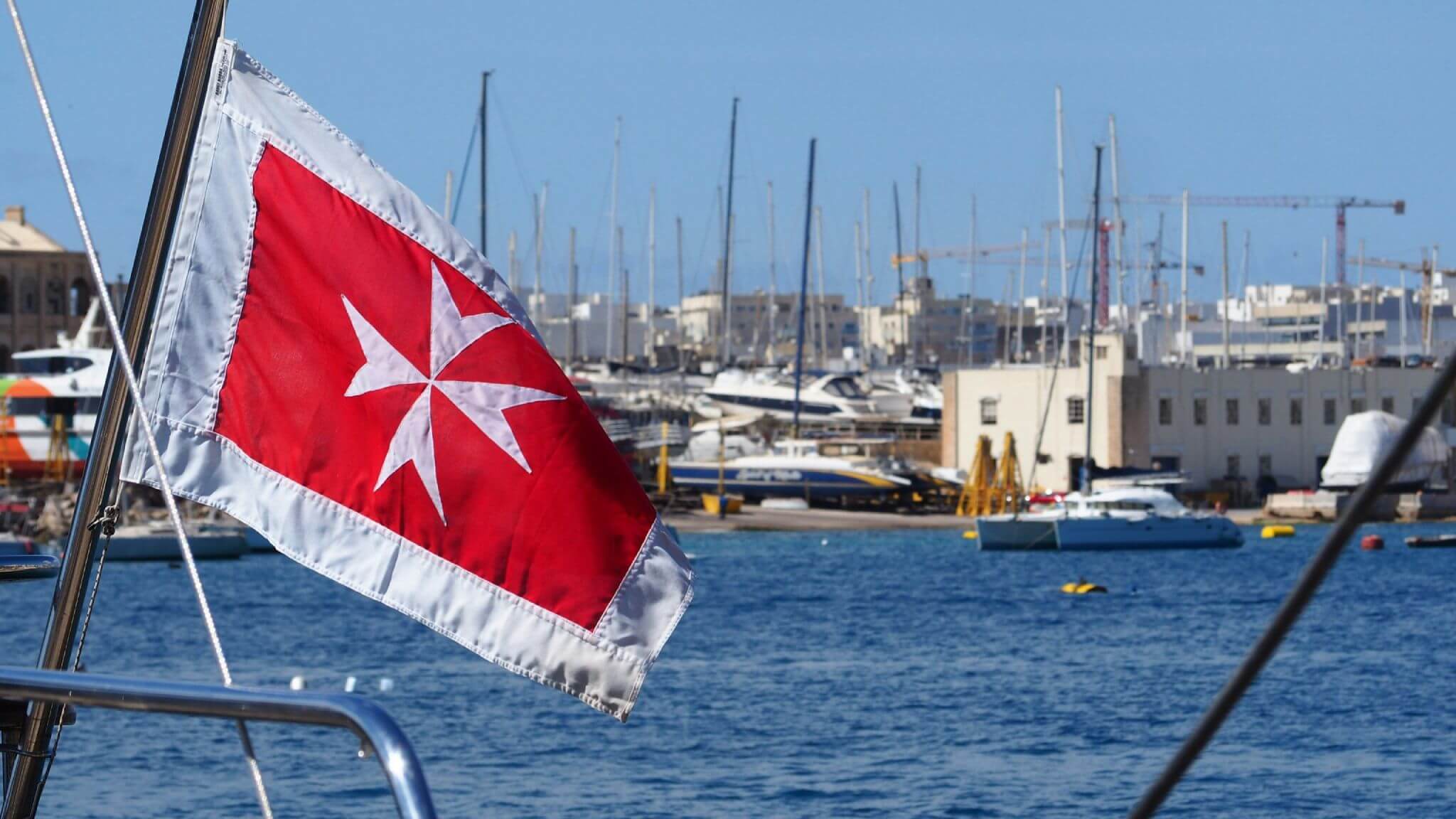The potential end of the Golden Visa in Portugal and the formal death of EU-based Citizenship by Investment (CBI) programs seem much closer today than ever before. On April 29, 2025, the European Court of Justice (ECJ) delivered a judgment that will likely reshape the global investment migration industry. The jurisprudence against Malta’s citizenship-by-investment scheme sends a clear signal to all other EU Member States: the era of mere transactional access to EU citizenship is over.
The Ruling That May Determine the End of the Golden Visa
Malta’s CBI program was, until recently, the EU’s last remaining formal investor citizenship scheme. But the ECJ, siding with the European Commission, found that Malta’s model violated both:
- Article 20 of the Treaty on the Functioning of the European Union (TFEU) defines and protects Union citizenship;
- Article 4(3) of the Treaty on European Union (TEU) enshrines the principle of loyal cooperation between Member States.
At the heart of the ruling was a decisive rejection of naturalisation based on mere financial investment, where no real integration or “genuine link” to the country exists. The judgment struck down Malta’s CBI law for commodifying EU citizenship,> a treaty violation of what the Court called the “essence” of European Union identity.
A Clash of Principles and Power
This was more than a legal case; it was a confrontation between two irreconcilable worldviews:
- On one hand, the European Union institutions are increasingly committed to tightening control over who may access EU citizenship and freedom of movement and settlement. The institutions are adamant that these rights should be morally earned, not bought.
- On the other hand, it is a multi-billion-euro global market for mobility, with high-net-worth individuals seeking legal, secure, and strategic alternatives to national instability and geopolitical risk or to expand their options.
However, with this ruling, the EU has effectively declared its intolerance for investor citizenship, even when disguised as “exceptional service” naturalisation. In doing so, it has shut down Malta’s program and cast a long shadow over all EU Member States offering similar benefits, including Portugal’s Golden Visa schemes.
What Comes Next: Key Trends to Watch
As the dust settles, and this will take a while, here’s what the market and policymakers should prepare for:
1. The Extinction of Formal CBI Programs in the EU
Malta was the last domino. The ECJ’s ruling effectively outlawed all Union formalised Citizenship by Investment programs. Henceforth, any attempt to revive (or disguise them even under different legal names) will face swift enforcement action from the European Commission.
2. Pressure Mounts on Golden Visa Schemes
While not explicitly covered by the ECJ’s ruling, Golden Visa programs (residency by investment) remain unclear. These schemes, such as Portugal’s ARI (Golden Visa), are already under scrutiny for offering eventual access to EU citizenship without requiring meaningful physical presence.
The ruling against Malta has introduced a legal framework that may now be used by the European Commission to challenge any route to EU nationality perceived as lacking real integration.
Countries like Greece, which continues to allow Golden Visas via real estate purchases, and Portugal, with its low-residency path to naturalisation in exchange for financial investment or job creation, will likely face intensified pressure and scrutiny from EU institutions, both politically and legally.
3. The Rise of Informal, Discretionary Pathways
With formal programs on the chopping block, the market will shift toward “under-the-radar” options. These may take the form of:
- Startup or active business residencies;
- Discretionary naturalisations for talent or economic contribution;
- Tailored relocation regimes with tight controls and limited volume>.
These routes will not be public-facing “programs” but quiet, highly curated mechanisms, often requiring exceptional legal structuring, personal vetting, and long-term integration commitments, as it already happens in Austria.
4. Prices and Barriers Will Rise Sharply
As access narrows, the law of supply and demand takes hold. Citizenship and residency will no longer be “products” accessible to the many but rather bespoke privileges for the well-advised few. The days of commoditised EU mobility are likely to be ending.
We already see this shift in Portugal’s Highly Qualified Activity Visa (Blue Card) and Tech/Startup migration frameworks, where applicants must build something, contribute, and embed themselves meaningfully.
5. Ripple Effects Beyond the EU: Pressure on the Caribbean 5
The EU’s message doesn’t stop at its borders. The “Caribbean 5” (Antigua & Barbuda, Dominica, Grenada, St. Kitts & Nevis, and St. Lucia) have long marketed their CBI programs as a path to visa-free access to Schengen Europe.
That door is now at risk. Stakeholders can anticipate increased EU scrutiny, suspension of visa-free agreements, or outright diplomatic pressure to scale back or dismantle these programs. That would strike at the core of their commercial appeal.
Portugal’s Path Forward: Pressure, Reform, and Alternatives
While Portugal’s ARI regime is not a citizenship program, the ECJ’s reasoning can still apply. The Court emphasised substantive integration, not just procedural separation.
Portugal allows applicants to naturalise after five years of residence, but those five years may legally require as little as 35 days of physical presence. This questions whether the “genuine link” the ECJ implicitly demands is legitimate.
Moreover, Portuguese nationality law does not permit revocation of citizenship once granted, unless obtained through fraud. This creates a heightened burden for national authorities to get it right before naturalisation occurs.
Thus, even if Portugal’s current regime remains technically legal, it may soon be politically or legally unsustainable. EU institutions may push for:
- Increased residency requirements;
- Tighter definitions of integration;
- Or a complete phase-out of the ARI as a path to nationality.
What Are the Viable Alternatives?
As traditional Golden Visa routes face mounting legal and political risks, a new generation of sustainable, substance-based pathways is emerging in Portugal:
Portugal D7 Visa
Designed for individuals with passive income, such as pensions, dividends, royalties, or rental income, the D7 Visa offers a compelling alternative to the ARI:
- Requires proof of sufficient income (generally ~€915/month for a single applicant, higher for families);
- Applicants must reside in Portugal for a substantial portion of the year.
- This leads to permanent residence and eligibility for citizenship after five years under the same rules as other legal residents.
- No significant upfront investment is required.
The D7 is a cost-effective and EU-compliant residency route for retirees or financially independent individuals.
Portugal Digital Nomad Visa
Targeted at remote workers and digital freelancers, this visa offers legal residency to those employed abroad but working from Portugal:
- Requires proof of foreign employment or self-employment, plus income (~€3,040/month as of 2025);
- Includes options for short-stay (temporary) and long-stay (residency) paths;
- Encourages integration through actual presence, language exposure, and engagement with Portuguese society.
As EU institutions push for migration models based on mobility with substance, these frameworks — unlike the Golden Visa — align well with the ECJ’s recent standards.
Final Thoughts about the End of the Golden Visa
The end of the Golden Visa in Portugal may not happen overnight, but the legal and political winds have shifted decisively. Investors, advisors, and governments must rethink their assumptions as formalised investment migration structures dissolve across Europe.
At Madeira Corporate Services (MCS), we closely monitor the evolving situation at the European level and within the Portuguese legal and political framework. We anticipate intensified scrutiny of all pathways to EU citizenship, particularly those involving reduced residency or financial contribution.
This article is provided for informational and academic purposes only and does not constitute legal advice, legal opinion, or a substitute for individual consultation with a qualified lawyer. The content herein is based on a theoretical analysis of recent jurisprudence from the Court of Justice of the European Union (ECJ) and its potential implications on national legal frameworks, including the end of the Golden Visa (ARI) regime in Portugal.
The views expressed do not reflect any official position of Portuguese courts or public authorities. They should not be interpreted as predicting the outcome of any judicial decision, administrative procedure, or legislative reform in Portugal or at the EU level.
Given the evolving nature of immigration and nationality law — and the possibility of future legal or policy developments — any person considering the Portuguese Golden Visa as a pathway to citizenship must seek tailored legal advice from a licensed professional, each case is unique and should be assessed individually in light of the most current and applicable legal framework at the time of application.
For professional guidance on the potential end of the Golden Visa in Portugal, we encourage readers to contact the Madeira Corporate Services (MCS) legal team.
The founding of Madeira Corporate Services dates back to 1996. MCS started as a corporate service provider in the Madeira International Business Center and rapidly became a leading management company… Read more




